I’m thrilled you are exploring Society Hill Synagogue and have found your way to the page of Divrei Torah, words of Torah, which are part of a generations-long Jewish practice of refracting sacred Jewish teachings through the light of our own day and age.
For me, Judaism is an opportunity to nourish ourselves, grounded in the Jewish story: a story that has unfolded throughout the generations, with twists and turns, tragedy and triumph, serving as a source of life to those who engage with it.
The Jewish People are known as B’nei Yisrael: the people who wrestle with the Divine. The name comes from that moment in our tradition in which it is understood that our ancestor Jacob “wrestled with a figure,” a figure understood to be a manifestation of that very Divine Being (see Genesis 32).
That moment produced a legacy of sacred wrestling; grappling; seeking to make meaning of, and find purpose in, our time on earth.
These Divrei Torah are my efforts, in conversation with the community of Society Hill Synagogue, to make meaning and to find purpose, seeking to serve this community, our broader world, and the Divine.
I hope you find meaning in them yourself, and I encourage you to reach out to me if you would like to discuss their contents or to discuss becoming a part of the Society Hill Synagogue community. Welcome!
Do you want to recieve Rabbi Kamesar’s
Divrei Torah in your inbox each week?
Subscribe Now!

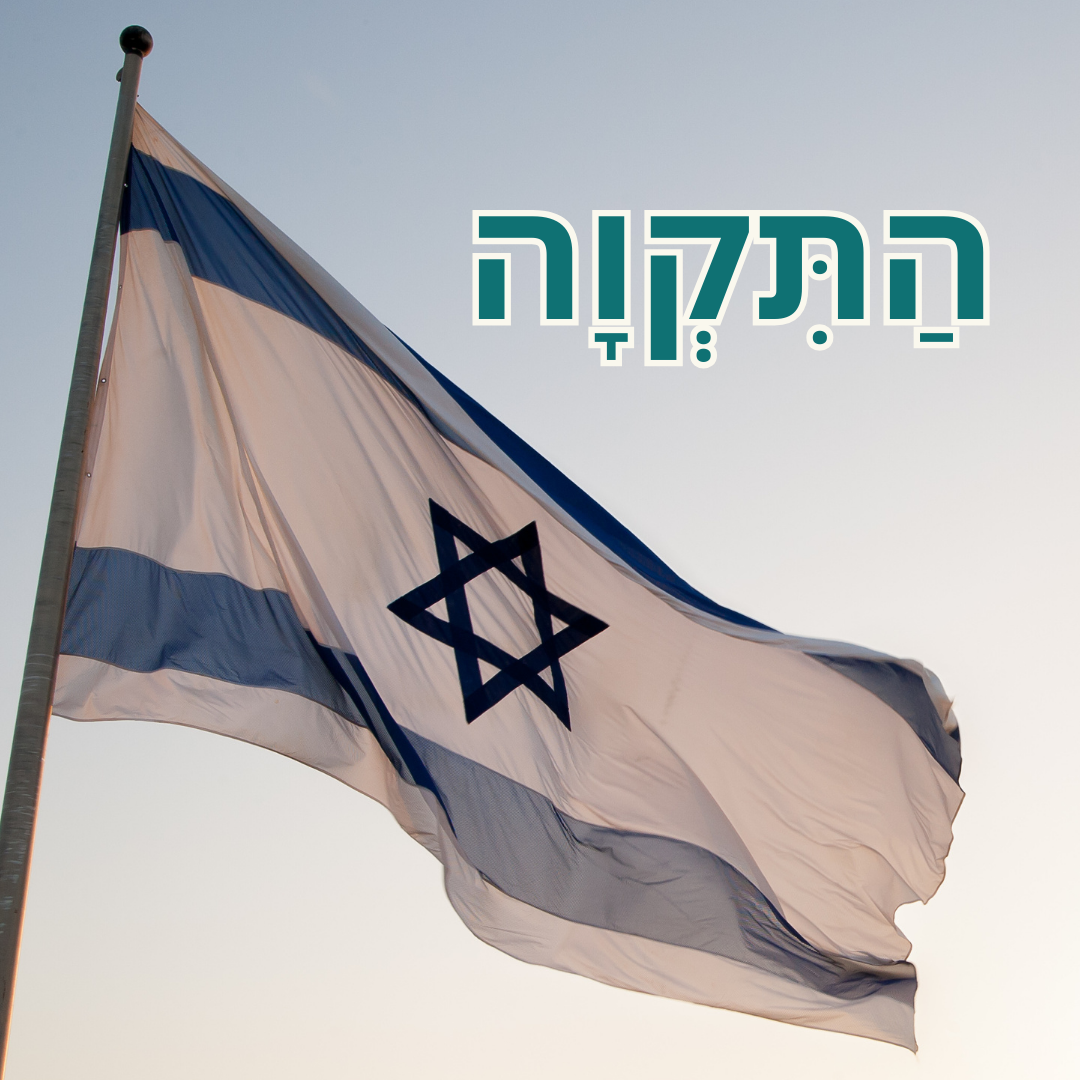
Yom Hazikaron | Israel at 75 | Yom Hashoah
Yom Hazikaron – Memorial Day This evening, Yom Hazikaron, Israel’s Memorial Day, (whose full official name is Yom Hazikaron Lehalelei Ma’arkhot Yisrael Ul’nifge’ei Pe’ulot Haeivah/Memorial Day for the Fallen Soldiers of the Wars of Israel and Victims of Actions of Terrorism) begins. It is followed

The Omer: counting the in-between moments
Dear Friends, Here are the remarks I delivered this past Friday at services on a special Jewish ritual at this time of year: *** A ritual that we’re called upon to engage with at this time of year—a mitzvah, a sacred act that we’re called upon
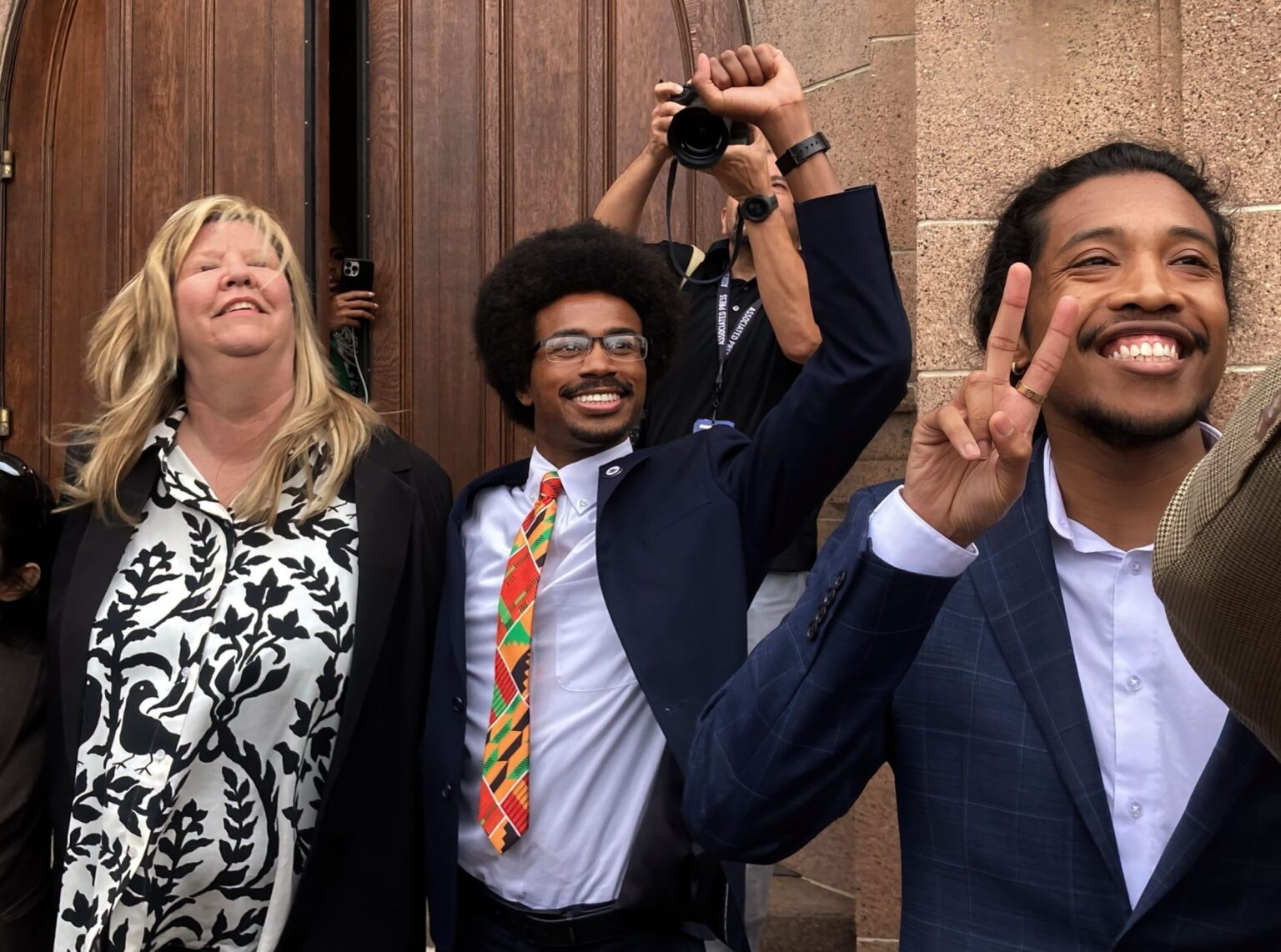
A Dayenu Moment in Tennessee, Violence in Israel
Dear Friends, I write this week in part to speak up about what I see as a dayeinu moment in Tennessee. Dayenu is of course the song we sing during the Passover seder that comes on the heels of the recitation of the ten plagues, contrasting these plagues with

Elijah’s Cup
Dear Friends, This past Shabbat, I delivered the following D’var Torah in preparation for Pesah: The last several weeks we have been reviewing a series of special shabbatot, special sabbaths, that anticipate Purim and Passover, each of which have special parshiot, special torah portions, that help us prepare

Welcoming Members Old and New
This past Friday night, I delivered the following D’var Torah in honor of our new members who have joined us over the last couple of years: In September, we held an “Open House” Shabbat, where we made a point to say we were “open” to
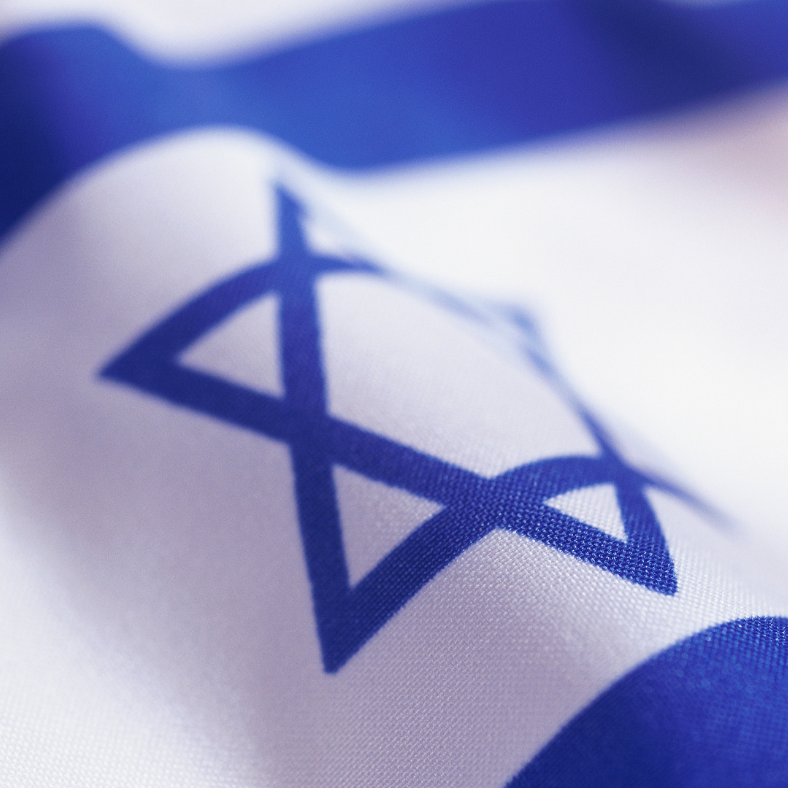
Israel’s Democracy on Pause: A Victory for Popular Protest and Judicial Balance
Dear Friends, What a week it’s been in Israel. We are in the midst of marking the 75th anniversary of the creation of the State of Israel, and never before has the country seen popular protests of this magnitude. Just today, over 100,000 people have

Our Calendar is Our Catechism
This Shabbat is the final Shabbat of arbah parshiyot, the four special Torah readings that supplement our weekly march through the Torah from beginning to end. These special Torah readings are part of the Jewish liturgical cycle, so that not only do we journey with our
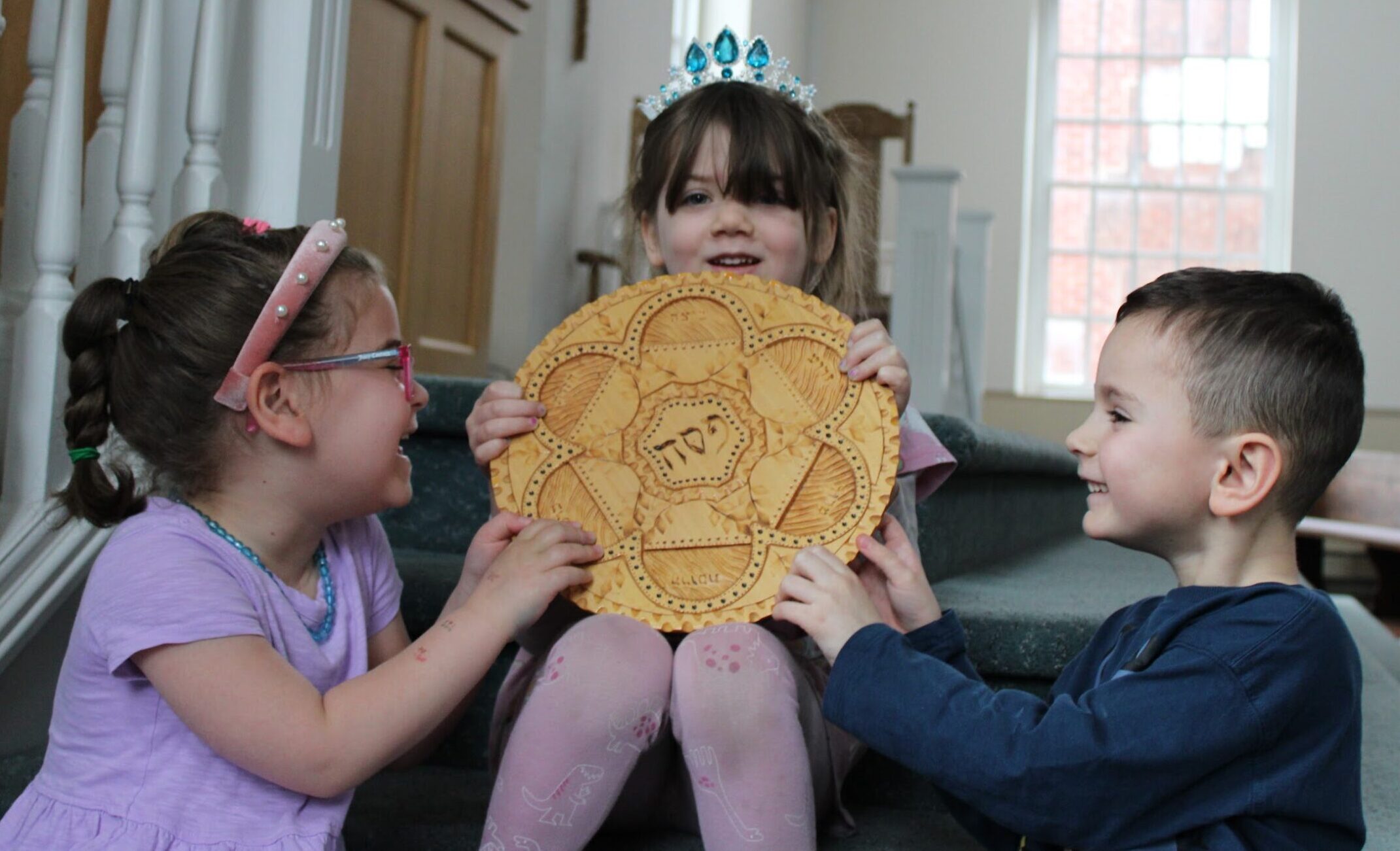
Let All Who Are Hungry Come and Eat
Passover is the holiday where, among the opening words of the seder, lifting up the matzah, we chant the Aramaic words as follows, הָא לַחְמָא עַנְיָא דִּי אֲכָלוּ אַבְהָתָנָא בְאַרְעָא דְמִצְרָיִם. כָּל דִכְפִין יֵיתֵי וְיֵיכֹל… “This is the bread of destitution that our ancestors ate
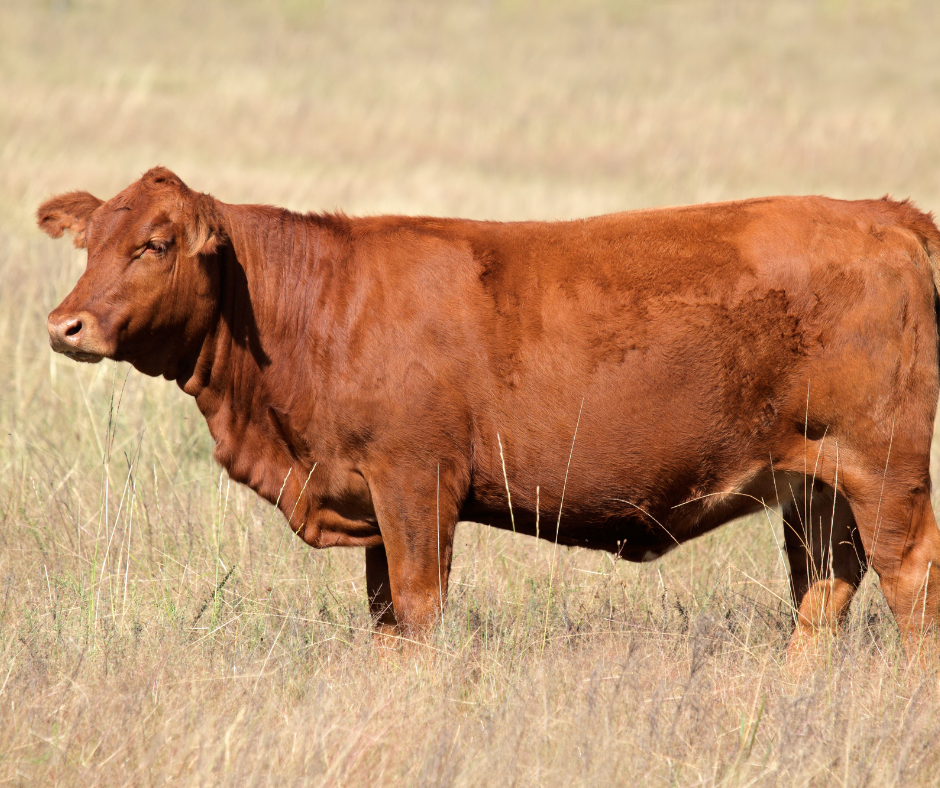
The Meaningfulness of Meaningless Rituals
We are in the midst of a series of special shabbatot. Yes, all shabbats are special—a chance to feel rested at the end of a week of putting pressure on ourselves—but we have a few special shabbatot over the course of the year, concentrated especially in anticipation of
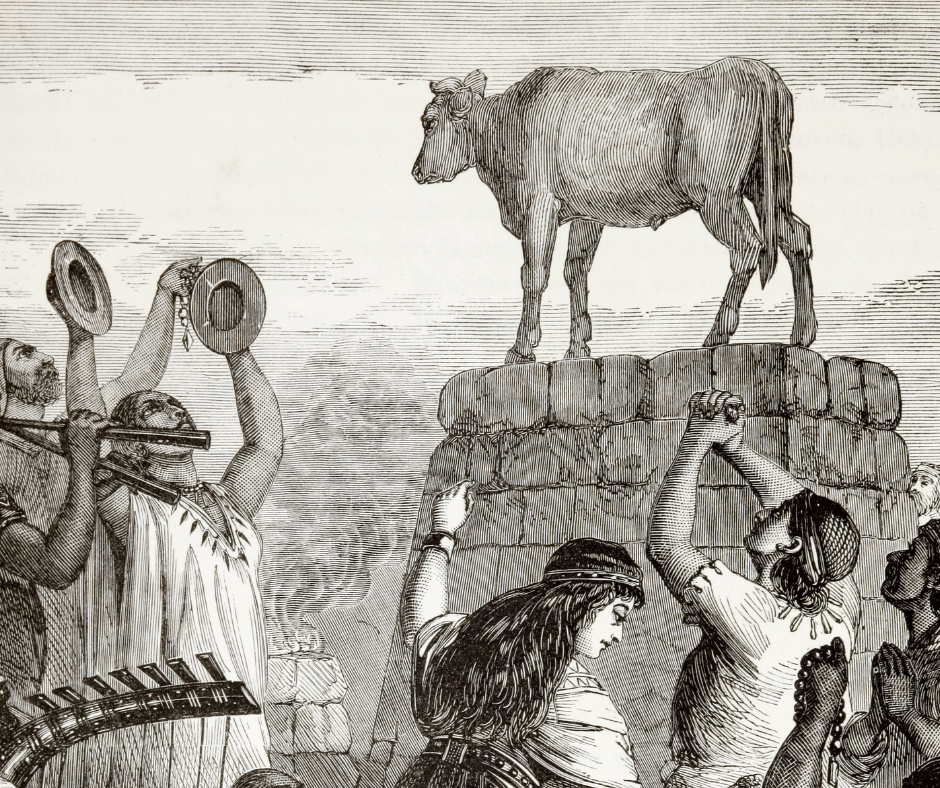
The Golden Calf: From What Are We Distracting Ourselves?
Dear Friends, This past week at our Shabbat morning Torah discussion, which falls midway through the service for about half an hour each week at approximately 10:30 am, we discussed that it was Shabbat Parah—the special Shabbat in advance of Pesach (Passover), which, in ancient times,
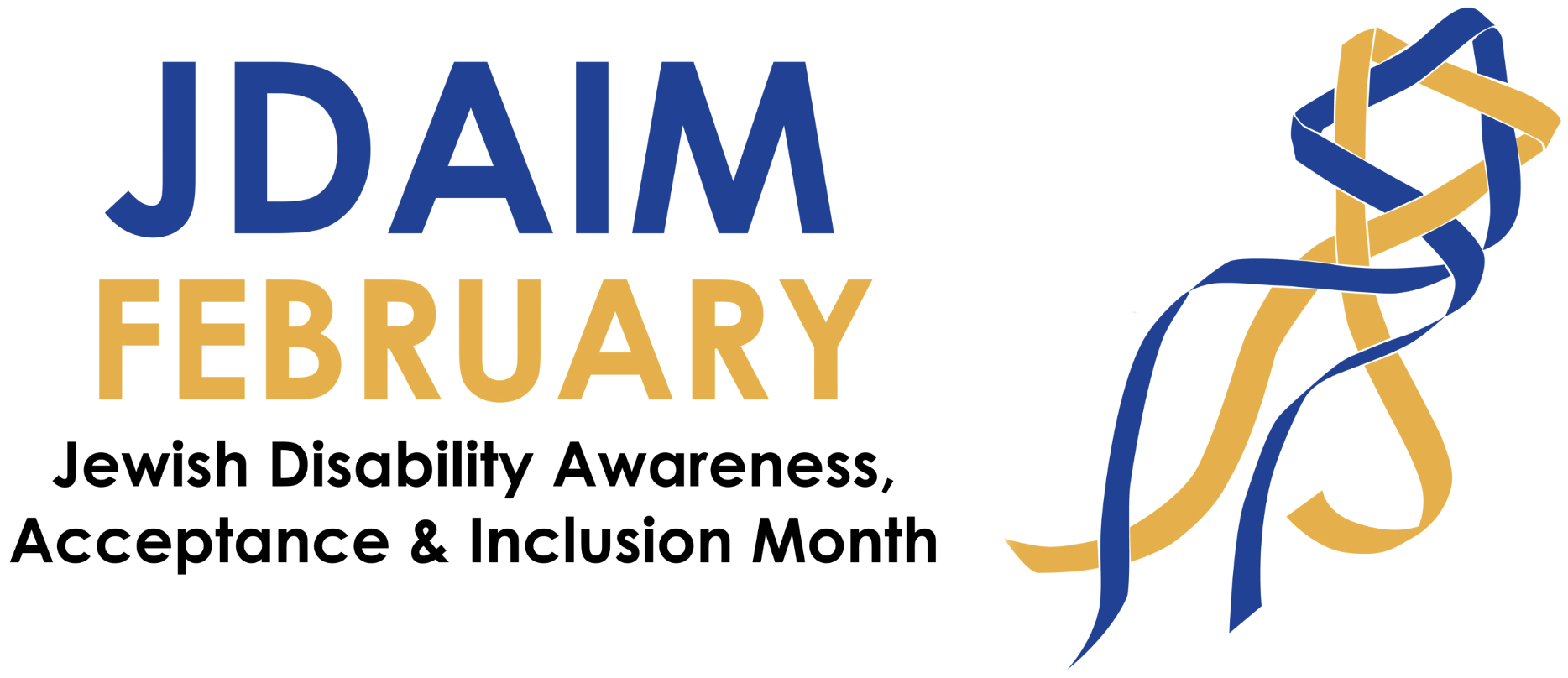
Moses’ Stammering Voice: A Jewish Paradigm for Disability
I wanted to begin by offering the D’var Torah I shared this past Friday night—something I offer every week at our musical Friday night Shabbat services from 6-7:15 followed by dinner in our social hall. This past week it was in the context of our

Building the Mishkan: Ongoing Efforts to Strengthen and Grow Our Community
Continuing the theme of my past Kesher articles, our ongoing efforts, as this headline says, to strengthen and grow this community, I wanted to share updates on our latests priorities and efforts to address them: *** As I’ve suggested in the past, I look to

Shabbat Zachor, the Shabbat of Remembrance: Reflections on a Challenging New Year in Israel
This Shabbat is a special Shabbat known as Shabbat Zachor, the Shabbat of memory. Now, that can encompass many features of Jewish, and human, existence, but Shabbat Zachor, at least on the face of it, refers to a very specific, and somewhat challenging, memory. It comes from

Solace for the Eagles Fans
With all the challenges in the world it may seem frivolous to open up my weekly D’var Torah with a missive about the Philadelphia Eagles, but, if the Inquirer’s front page headlines are any indication, that is where our community members’ hearts are. Tuesday’s headline

What Covenant Can Mean To Us • Boundaries, People!
I want to share the D’var Torah I delivered this past Friday night on the week’s parashah, on the eve of our student Alex Howe’s Bar mitzvah: I was drawn to a very specific part of this week’s parashah, this week’s Torah portion. Perhaps you’ll
